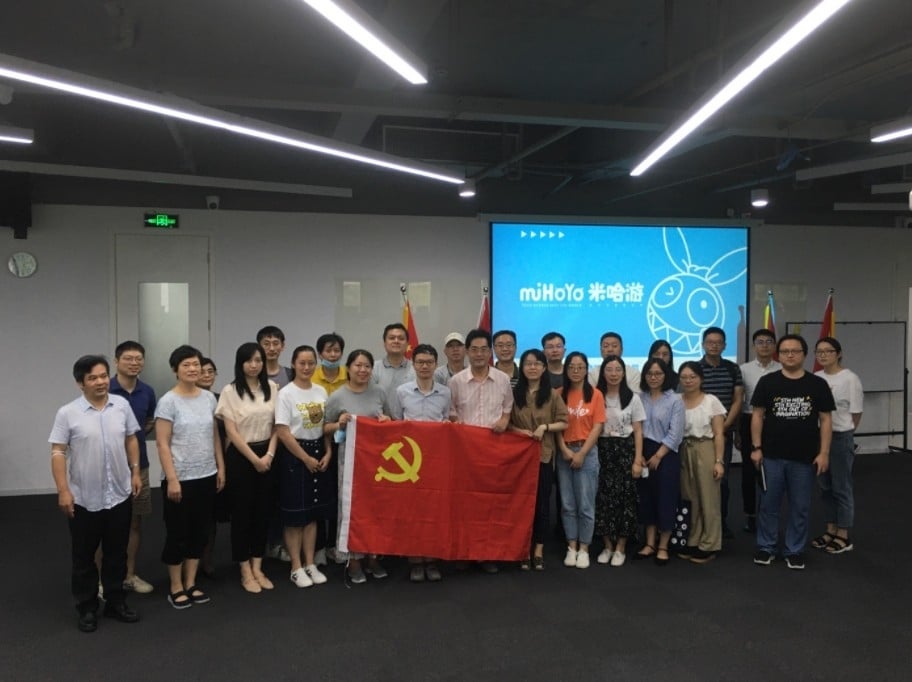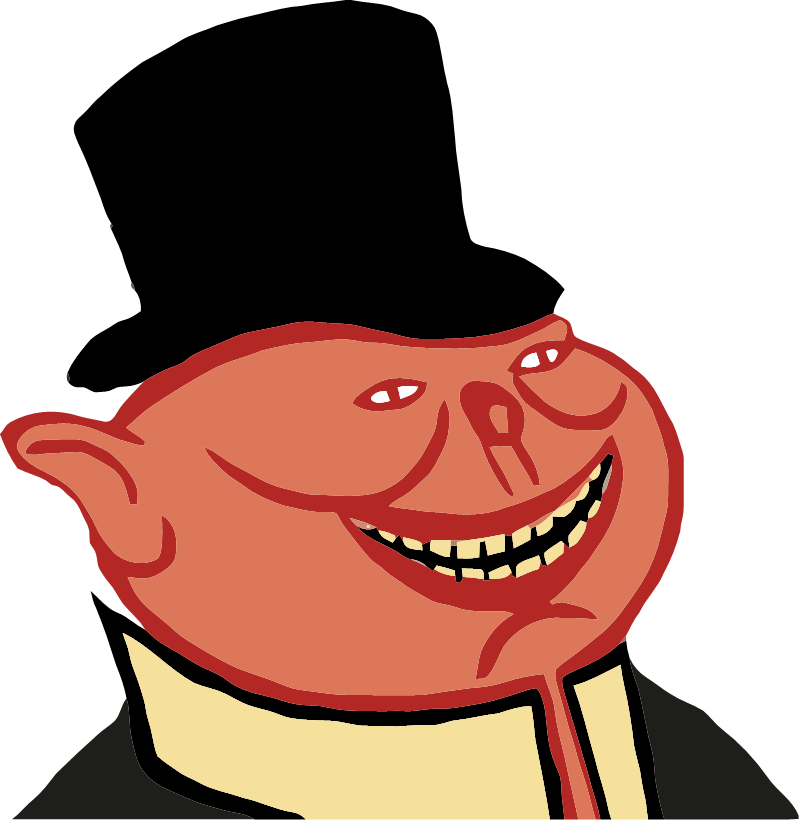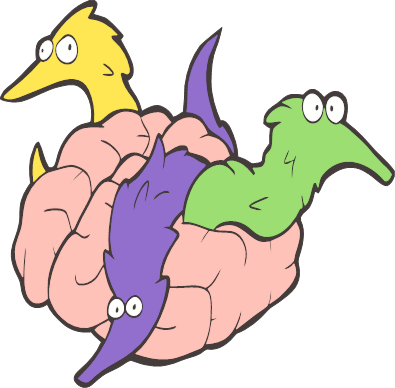Both in the macro and at the micro scale, Genshin Impact is about communism. so we all know how in genshin impact there are archons, gods that are appointed by celestia that rule the 7 nations that currently exist, and there are civilizations long gone. So far we have discovered two celestial nails that wiped out the civilization at dragonspine and the other civilization. we know that the nations that were wiped out were advancing far beyond their capabilities, and potentially looked to usurp celestia's throne. so my theory is that they were smitten by celestia (america) because they were communist. also khaenriah is the biggest example of this, but this is obvious, which is why i did not bring it up until half way into my memerant. additionally, as the traveler we are the witness that can record information even as we go through samsara, which is what i would call Marx and Communists et al. as we saw through the lies of the dominant class to attain class consciousness no matter the point in time during our world's cycle. also in the latest archon quest (spoiler alert for masquerade of the guilty AQ) we learn that focalors was cursed by celestia, so she hid herself and used furina to take over her role as an archon, until she sacrificed herself to stand up to celestia. this is reminiscent of how china is playing with the bourgeoissie in their country to pretend they are capatilism. (end spoiler) also also also we know that there were old old civilizations like the seven sovereigns that existed in what was yet to become teyvat when phanes came and killed or subdued them all representing the settler state of america. actually the world of genshin has discrete periods of time that could potentially represent the well known developments of historical materialism if i cared to stretch the truth enough.
I hope this elucidated the world of Genshin Impact and convinced you that it is Marxist. Please repost to /r/Genshin_Lore
edit fuck turns out someone did this already ironically-unironically on the actual sub 💀💀

 's hands by saying "well I don't think I'm affected by it so it's fine and anyone who is just needs to choose not to be vulnerable."
's hands by saying "well I don't think I'm affected by it so it's fine and anyone who is just needs to choose not to be vulnerable." that wriggle around pretty much everywhere where someone says "it is a choice to get suckered in" to a gambling habit, a monetization scheme designed to exploit people, or just reactionary propaganda with sufficient violence, sexual or otherwise, to get the "grown-ass adult" card stamped for renewal. Ever since I came here I've experienced pushback from even discussing such propaganda, often receiving the claim that the propaganda had no effect on the recipient which was a glaring falsehood considering how far out of their way the recipients went to take such criticisms of their treats as personal attacks.
that wriggle around pretty much everywhere where someone says "it is a choice to get suckered in" to a gambling habit, a monetization scheme designed to exploit people, or just reactionary propaganda with sufficient violence, sexual or otherwise, to get the "grown-ass adult" card stamped for renewal. Ever since I came here I've experienced pushback from even discussing such propaganda, often receiving the claim that the propaganda had no effect on the recipient which was a glaring falsehood considering how far out of their way the recipients went to take such criticisms of their treats as personal attacks.


